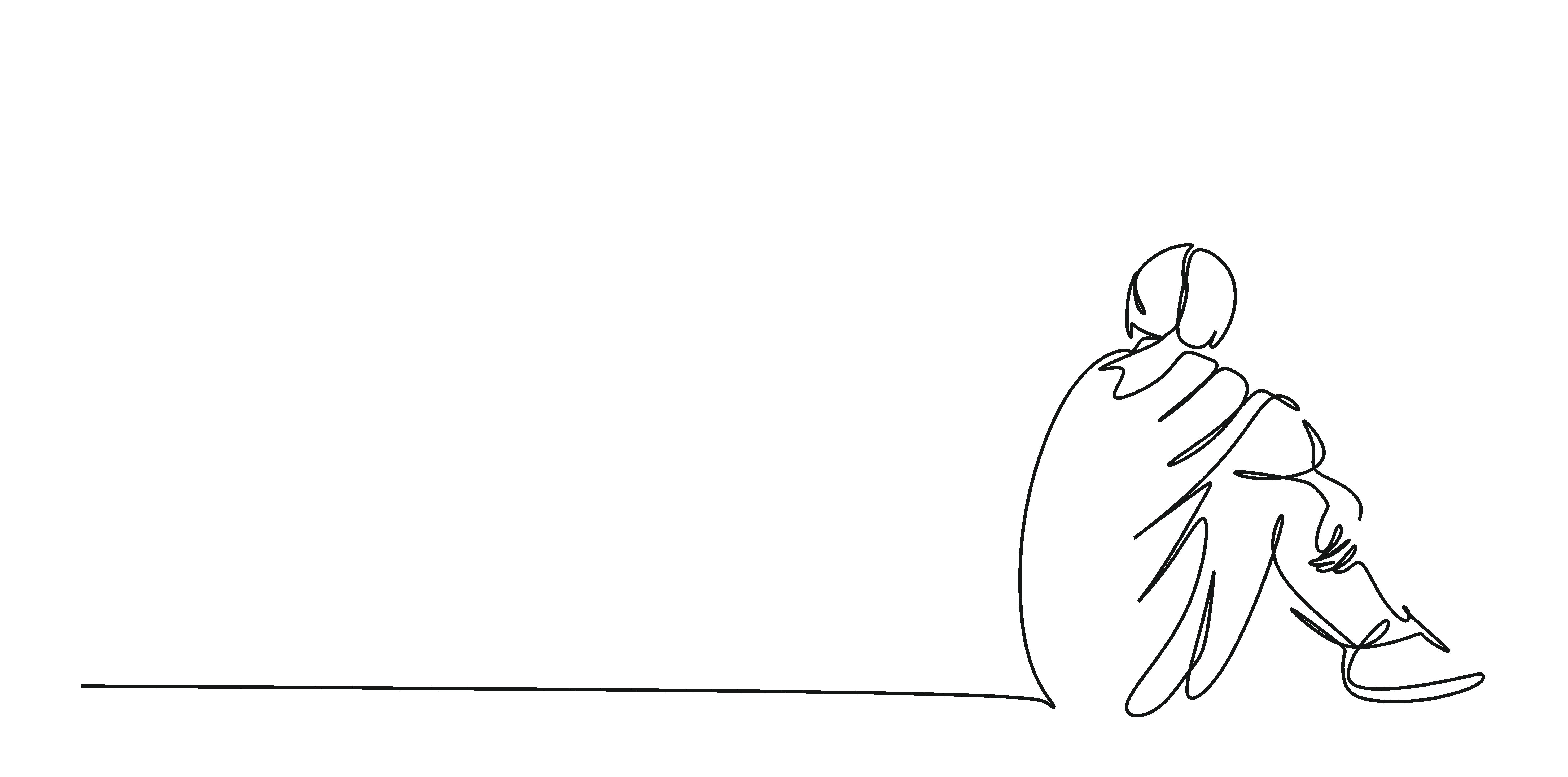- Center on Health Equity & Access
- Clinical
- Health Care Cost
- Health Care Delivery
- Insurance
- Policy
- Technology
- Value-Based Care
Loneliness Poses a Clinical Risk for Patients With Chronic Illness
A new survey highlights how the mental toll of loneliness trickles down to have very real physical consequences for patients with chronic illness.
Loneliness and emotional disengagement have emerged as prominent factors that disrupt care for patients with chronic conditions of all ages. A new report from Pleio, “Loneliness and Health Behaviors: A Missing Link in Chronic Care,” found that social isolation not only impacts patients’ physical health, but also contributes to nonadherence and greater health care costs. These findings highlighted the need to treat and address loneliness as a pertinent threat to both mental and physical health.1
"Now we have the data to prove it—loneliness isn't just hurting patients emotionally, it's putting their health at risk,” Michael Oleksiw, CEO of Pleio, said in a statement.2
This national surveyed included more than 2000 Americans who have been managing at least 1 chronic illness. Notably, 63% of participants reported a deeper sense of loneliness after receiving their diagnosis—suggesting that the diagnosis itself can often act as a “tipping point” for emotional and social withdrawal. In total, 73% of respondents indicated that loneliness interferes with their day-to-day activities and self-care, and 81% felt their chronic condition exacerbated their sense of loneliness.1
Physical Consequences of Mental Strain
The impact loneliness extends beyond one's mental health | image credit: IRINA - stock.adobe.com

The report points to well-documented research linking loneliness with a myriad of health issues—more inflammation, weaker immune systems, cardiovascular risks—however, an untouched element of this issue is the emotional barriers it creates to engaging with health care. A majority of respondents (59%) said loneliness drained their motivation to seek out care for their condition, and 41% shared how feeling isolated kept them from picking up their prescriptions from the pharmacist. Nearly 80% of respondents noted how their loneliness created challenges for taking their medications as prescribed on a monthly basis, and more than 30% experienced weekly adherence issues.
In general, receiving specialty medications led to more intense feelings of loneliness and, in turn, more highly disrupted care compared with patients who were not on specialty medications. Those on specialty medications experienced a greater sense of loneliness after their diagnosis (74% vs 57%), had challenges retaining important health information during their diagnosis (71% vs 49%), felt their daily routines were more impacted by loneliness (81% vs 68%), and struggled more adhering to medications as prescribed (70% vs 42%).
The mental wear and tear caused by loneliness has very real physical consequences. As patients struggle navigating or engaging with their care, these issues can lead to worse outcomes, greater costs, and added strain on health care systems, the report noted.
Seeking Connection Over Care
Most respondents expressed a lack of support from their providers. Those receiving specialty and nonspecialty medications alike characterized their patient-pharmacist relationship as “transactional” (80% and 70%, respectively). Fifty-seven percent of patients admitted turning to friends or family, online or pharmaceutical resources, or their pharmacist for health-related questions and concerns before engaging with their clinical care team. Notably, 53% of individuals reported challenges reaching their providers, citing how they take too long to return their calls or are too busy.
On a more hopeful note, these responses indicated that peer-to-patient programs could offer a viable solution. Patients expressed immense support for outreach programs that facilitated phone calls from people who understand their experience (70%). The great majority believed this would lessen their sense of loneliness (89%), provide support they need to better manage their condition (89%), and help them adhere to their medications (72%).
Seventy-four percent of respondents also noted how facilitating genuine, authentic connections would help them remember valuable information. Their responses not only indicate the close relationship between a patient’s emotional and physical well-being, but also the power that building supportive and trusting networks has for improving outcomes.
“When we see 70% of specialty medication patients reporting that isolation interferes with taking their medications as prescribed, it reinforces our commitment to building human connection into our peer support programs,” Mark Gregory, chief pharmacy officer, Pleio, told The American Journal of Managed Care®. "These findings confirm what many of us have observed on the front lines of patient care but lacked the data to validate: loneliness is a direct clinical barrier to medication adherence, not just a quality-of-life concern.”
References
1. Loneliness and Health Behaviors: A Missing Link in Chronic Care. Pleio; 2025. https://www.pleio.com/wp-content/uploads/2025/04/Loneliness-and-Health-Behaviors-A-Missing-Link-in-Chronic-Care.pdf
2. The most overlooked risk factor in chronic care? loneliness. Pleio. News release. April 28, 2025. Accessed April 28, 2025. https://www.prnewswire.com/news-releases/the-most-overlooked-risk-factor-in-chronic-care-loneliness-302436436.html
